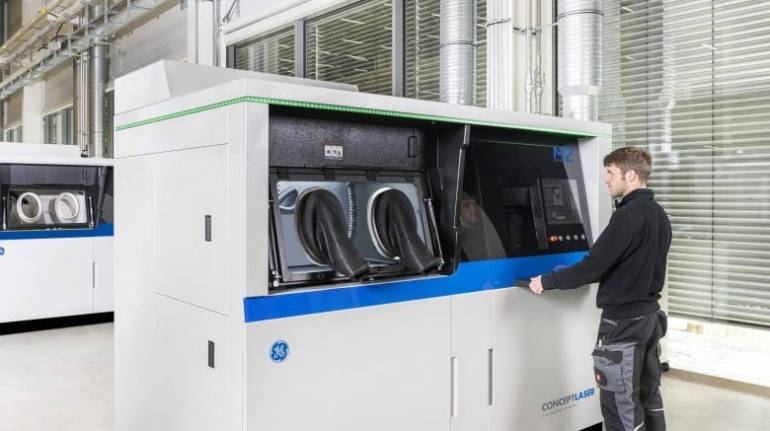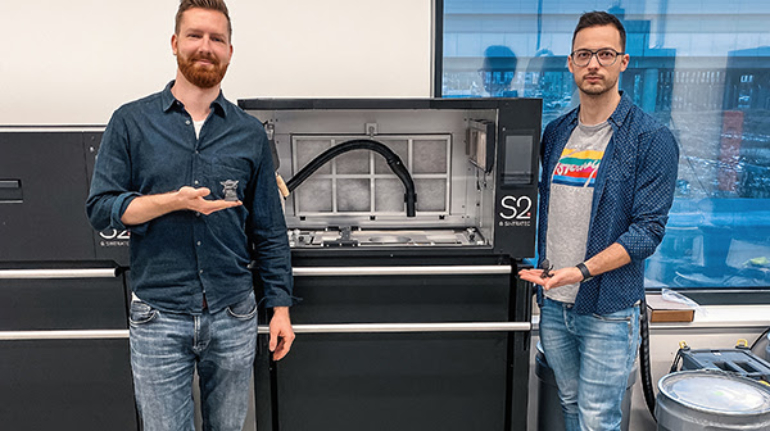Hornbill Saved Using 3D Printed Biocompatible Material
Cresent, an Indian hornbill at ZooTampa in Florida, USA, has become the first bird to receive restorative surgery after developing a life-threatening tumor. The tumor was located under Crecent’s casque, without which her sinuses would be left exposed. The surgery saw her casque being replaced using biocompatible 3D printing technology.






